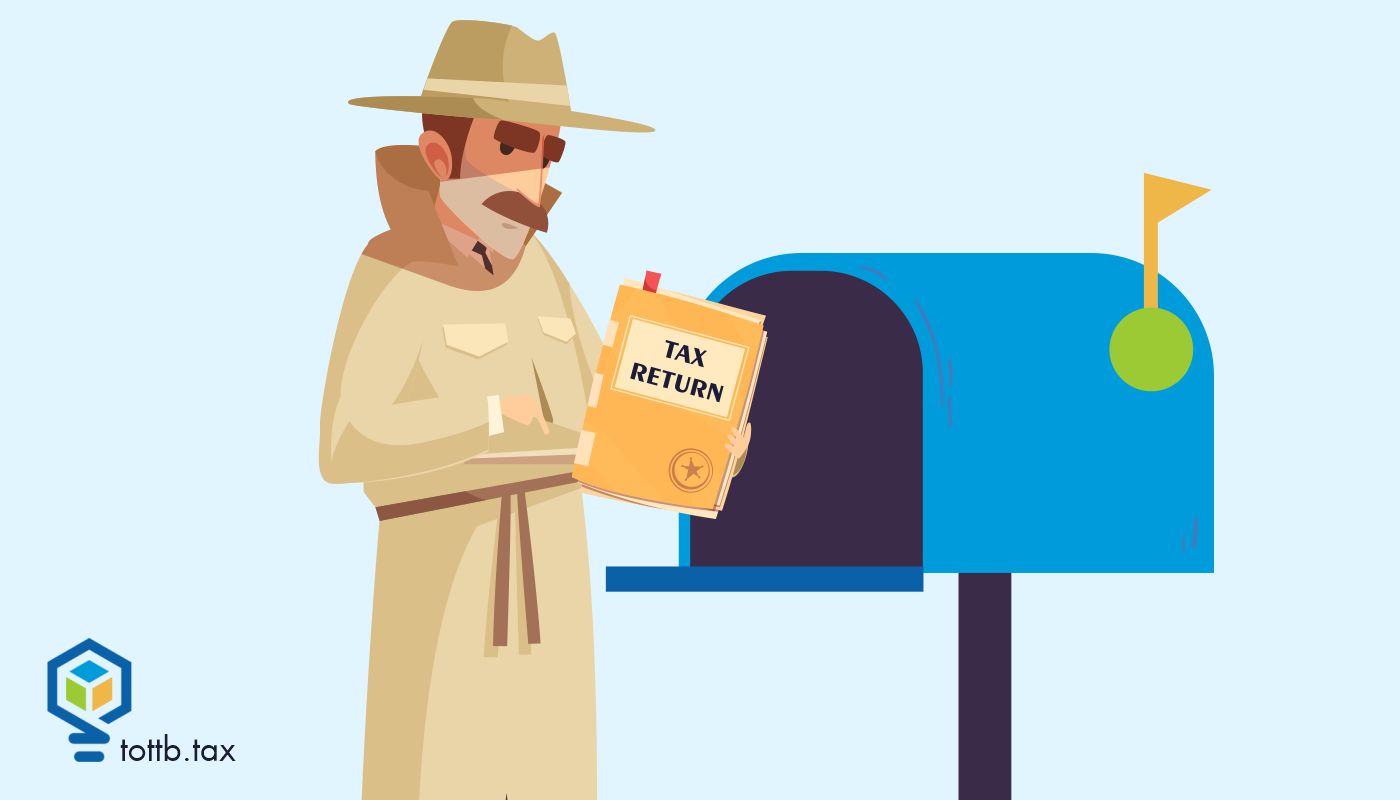One of the most common non-tax questions clients ask tax professionals is “How long should I keep this?” “This” could mean bank records, copies of tax returns, or virtually any other piece of business information. This reasonably comprehensive overview focuses on keeping business records for tax compliance, specifically, what to keep and how long to keep it in case a taxing authority ever decides to examine (audit) a business return. Records management is an entire field unto itself! Hiring an in-house records manager is beyond the needs or the budget of most small businesses, but it’s important to understand that proper records management is serious business.

Intentionally Filing a Defective Tax Return
Creativity on a tax return is a natural tendency. Many strategies and behaviors we know are wrong, e.g. not reporting all income. However, is it ever okay to disregard some deductions and pay more tax? At first glance, it would seem that the IRS should like the idea of more reported income and a higher tax liability attached to the additional income. The IRS does not.





